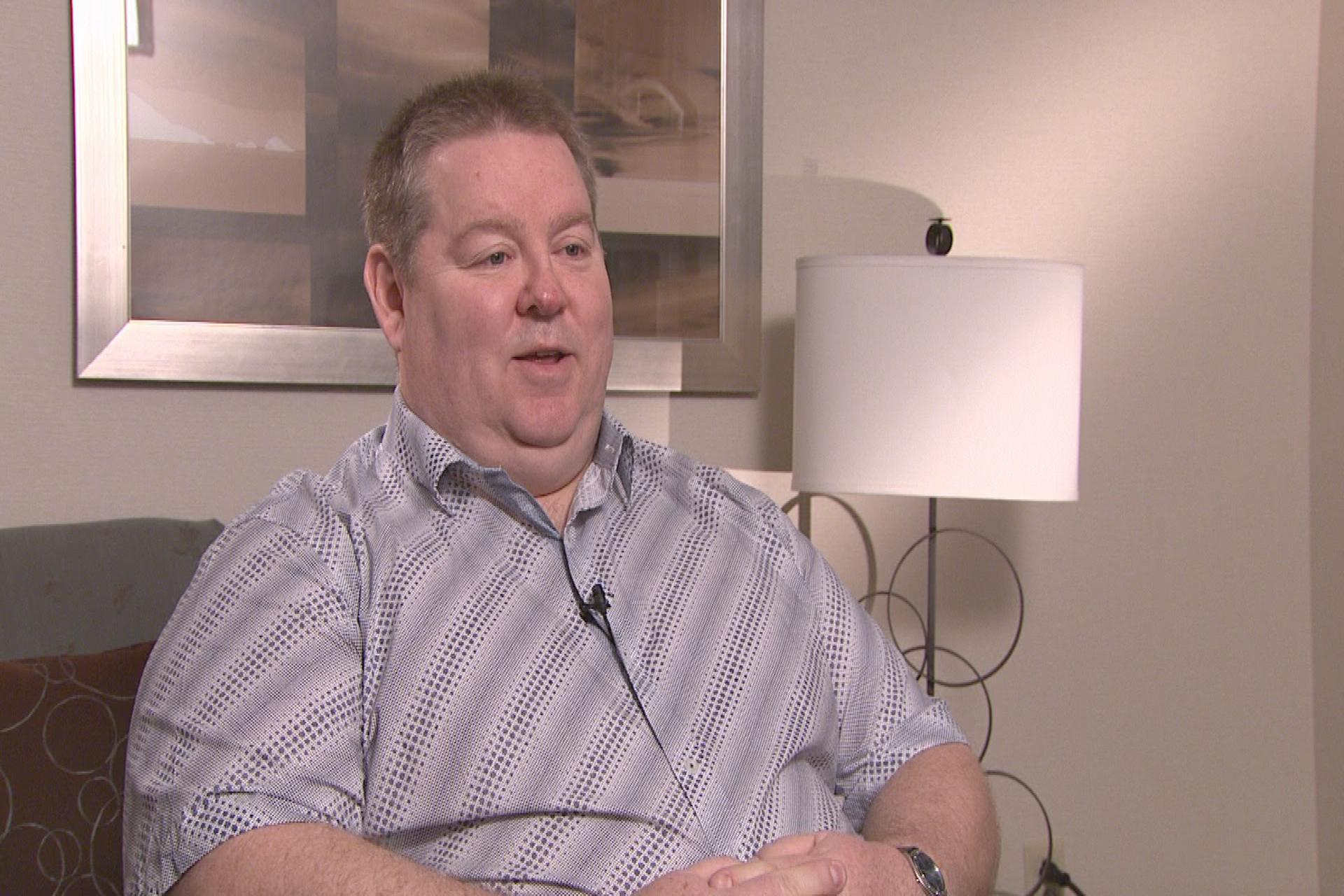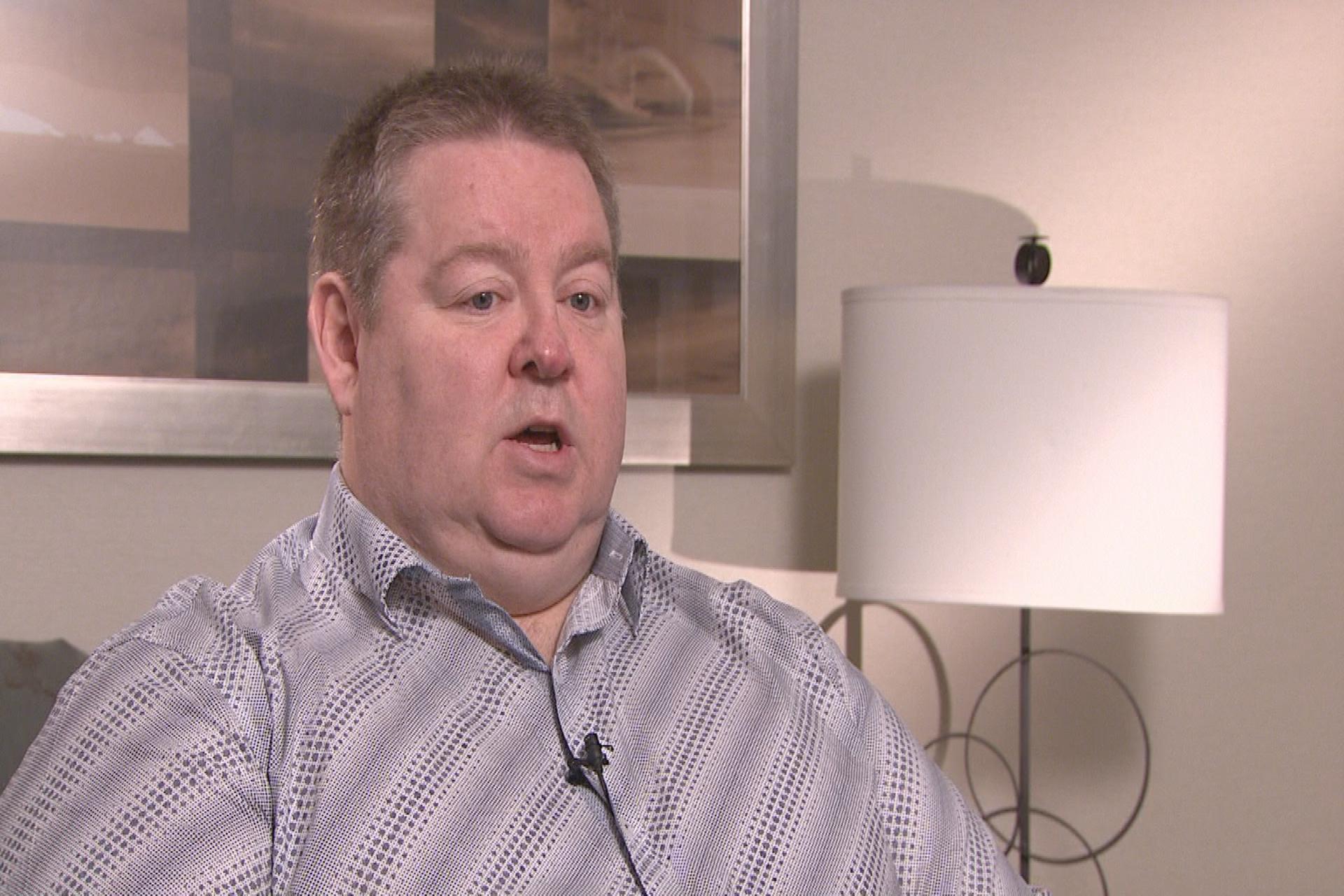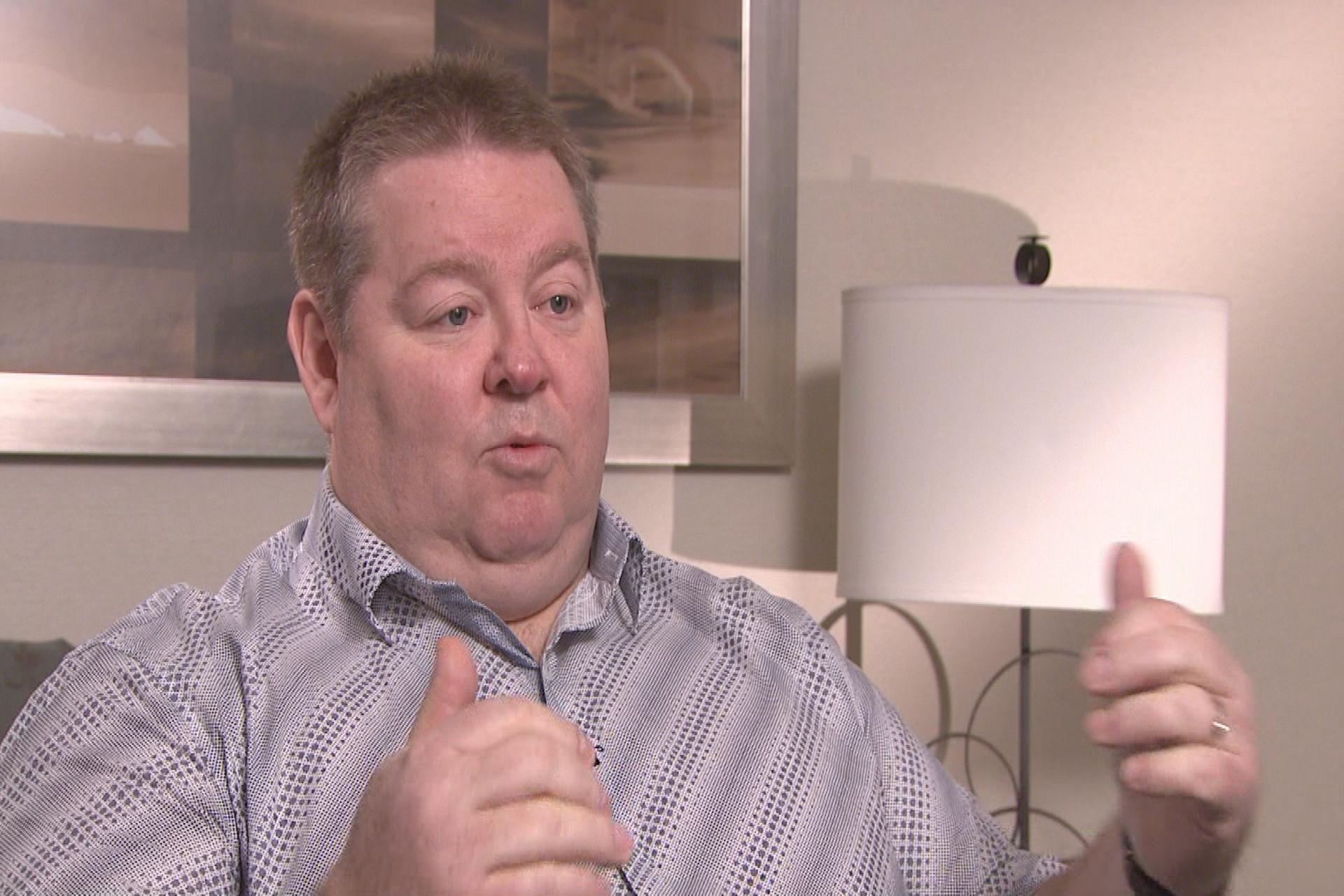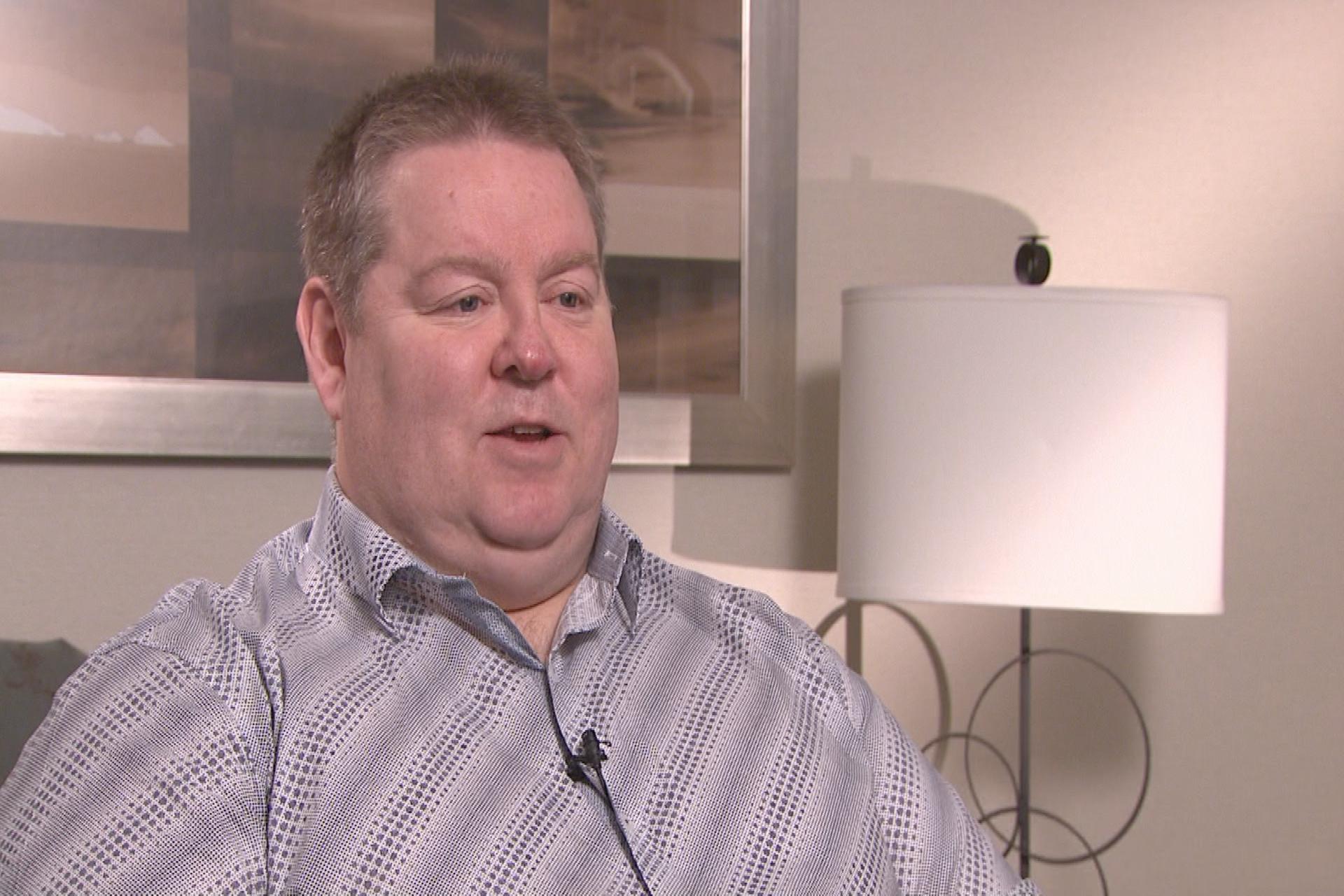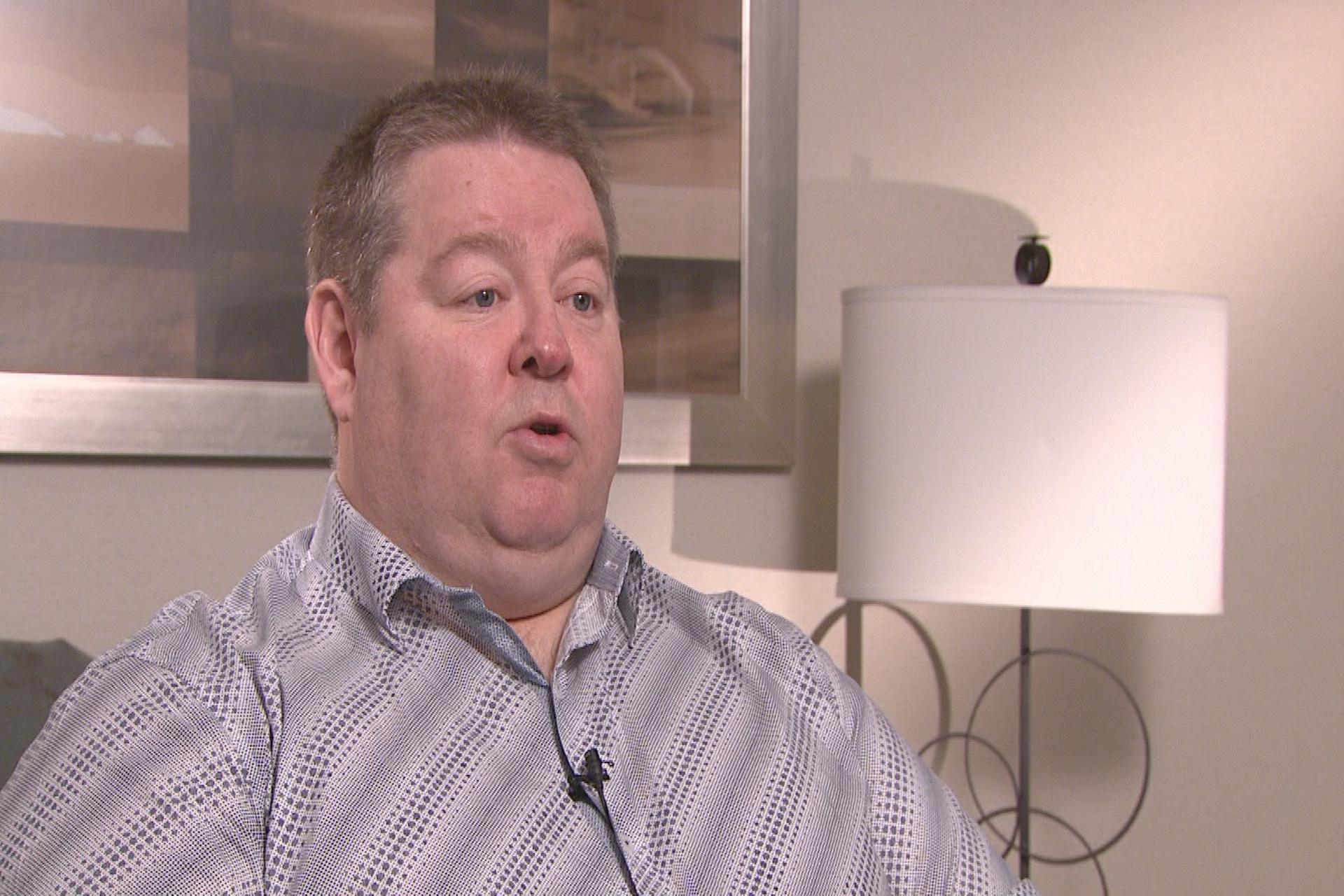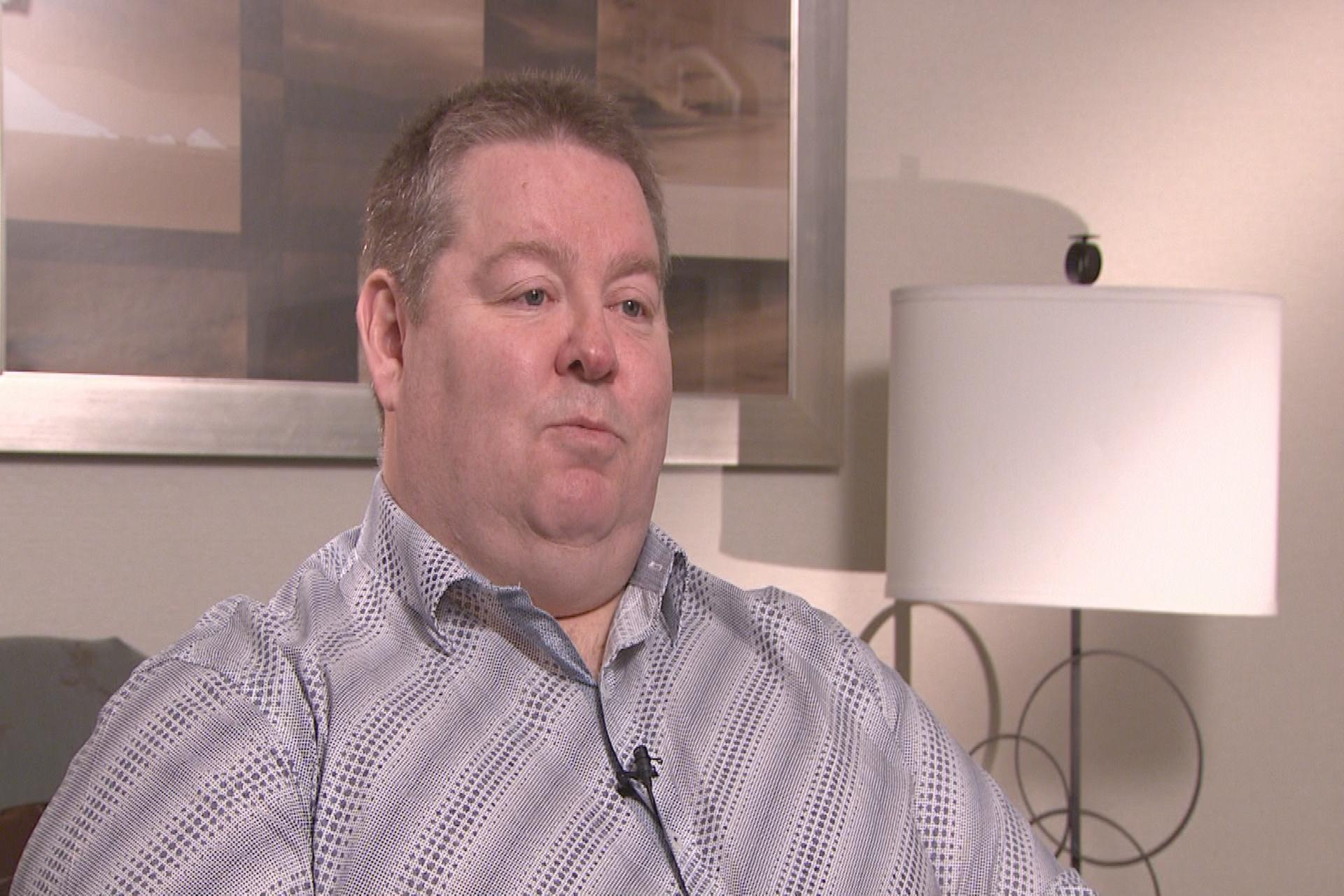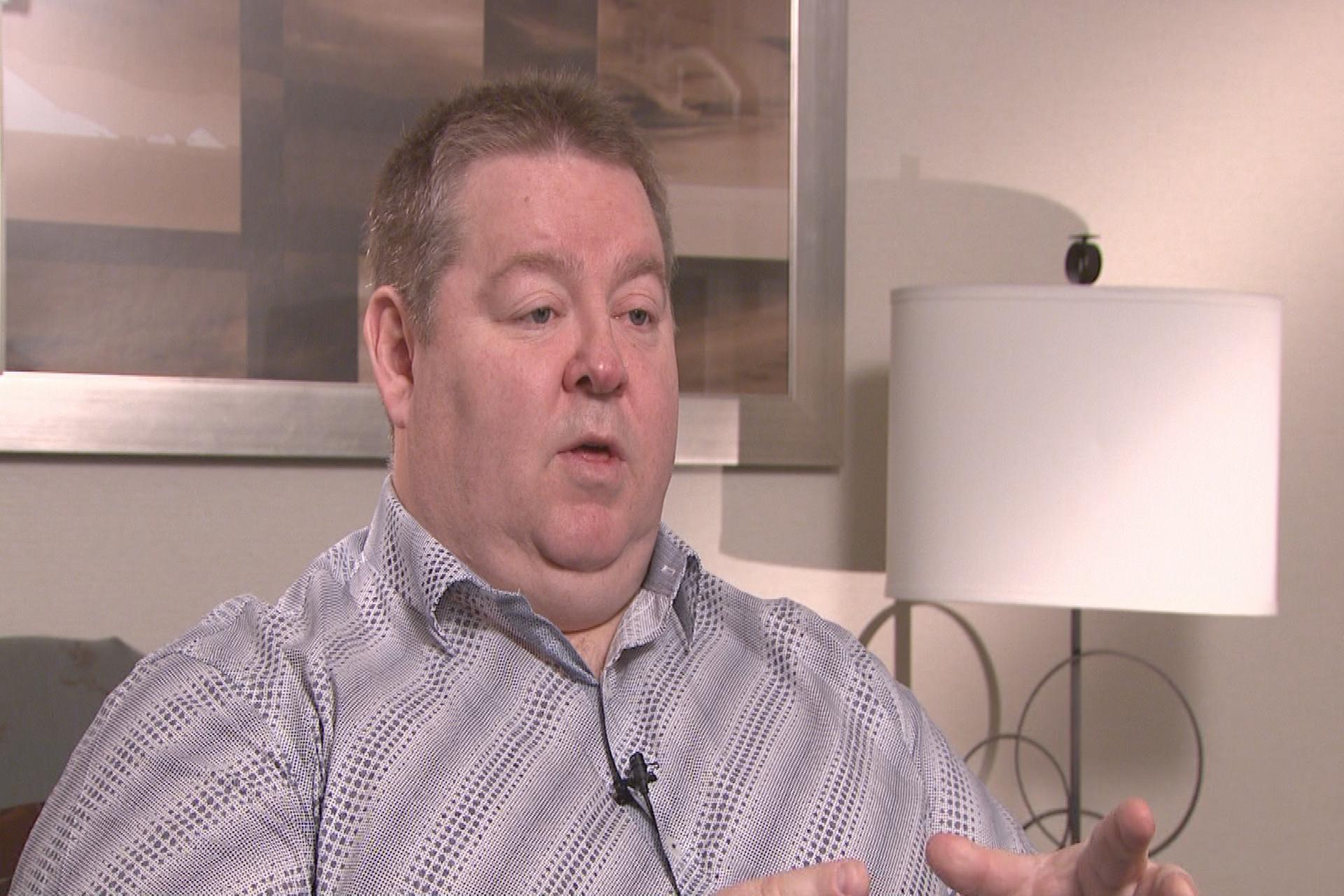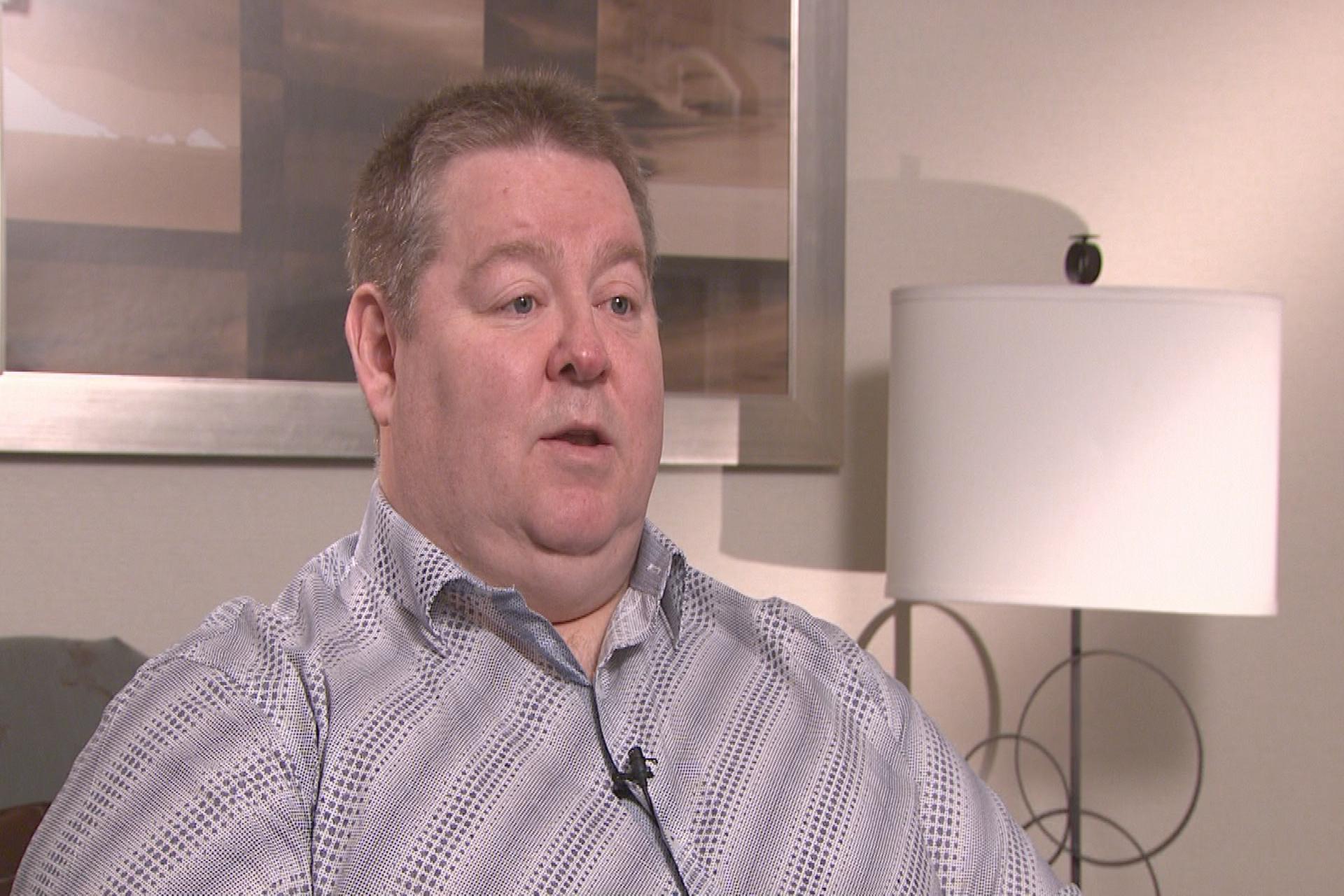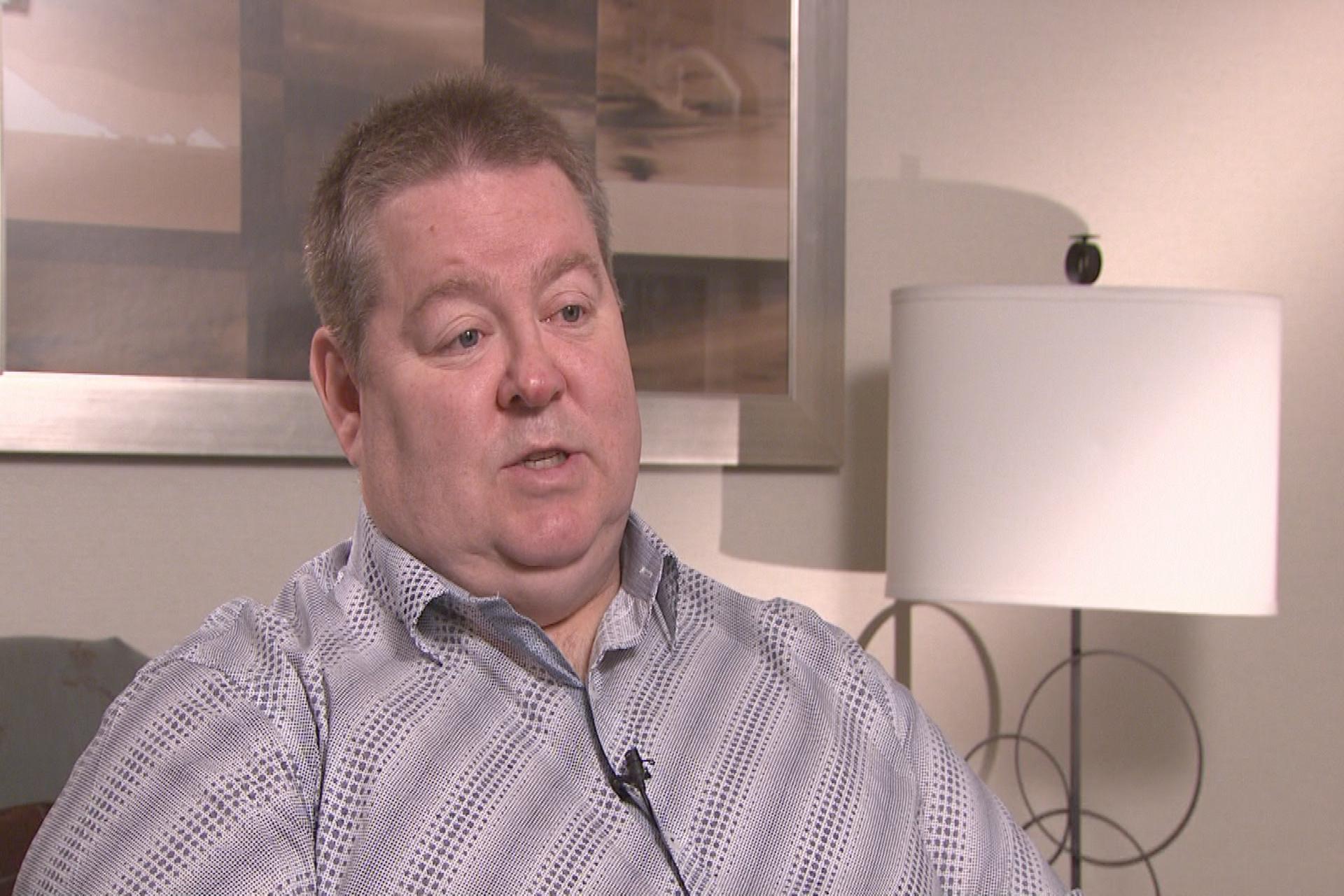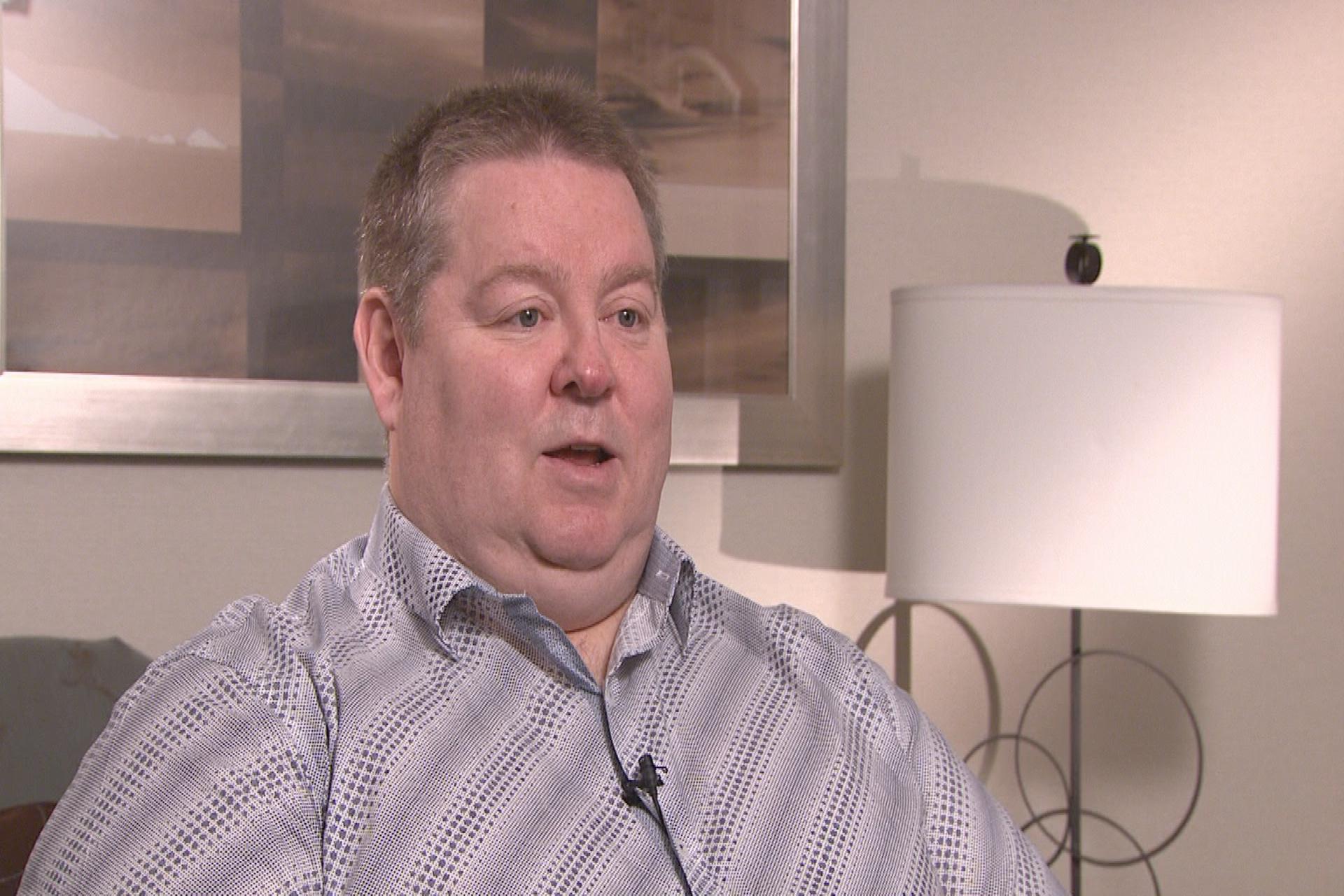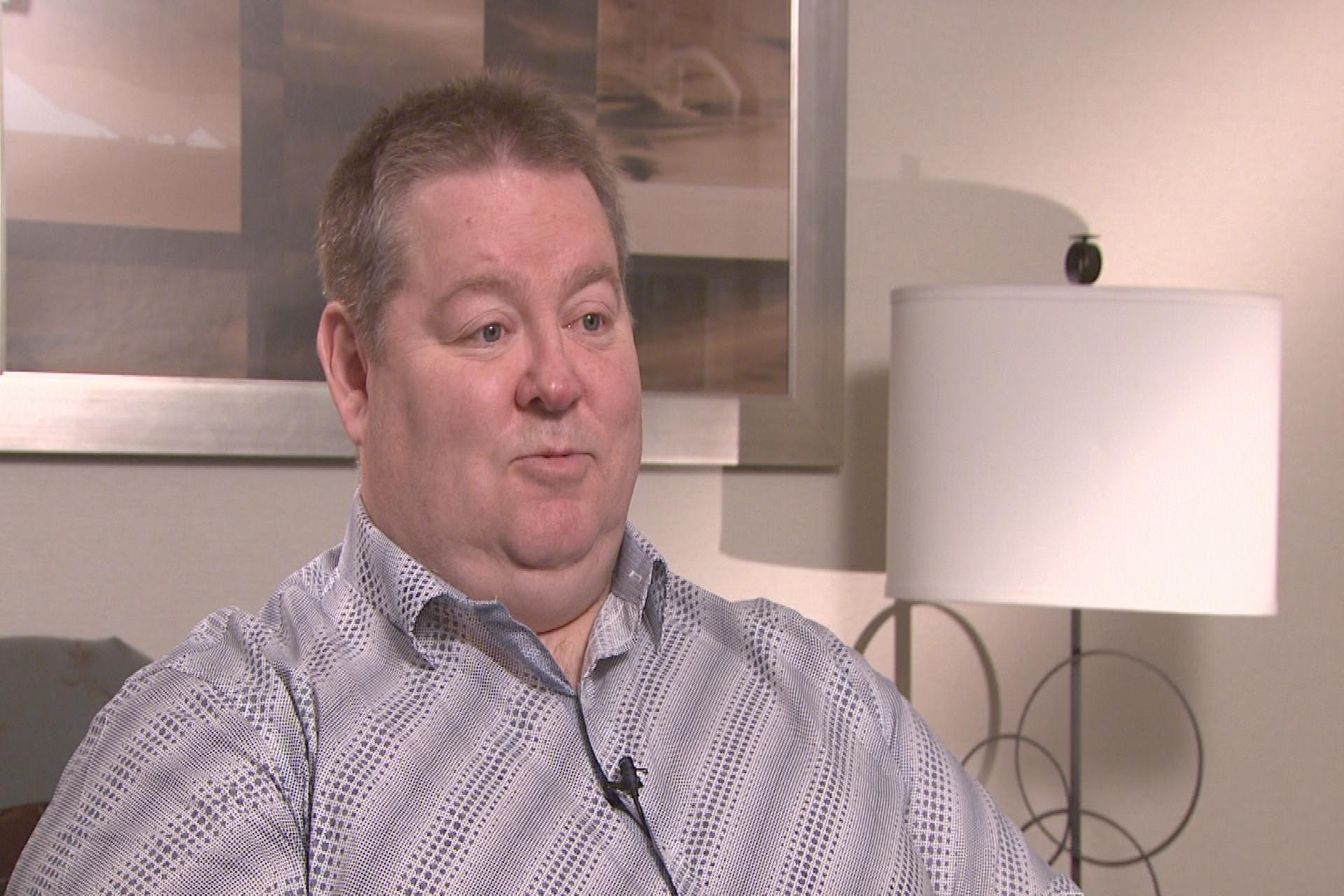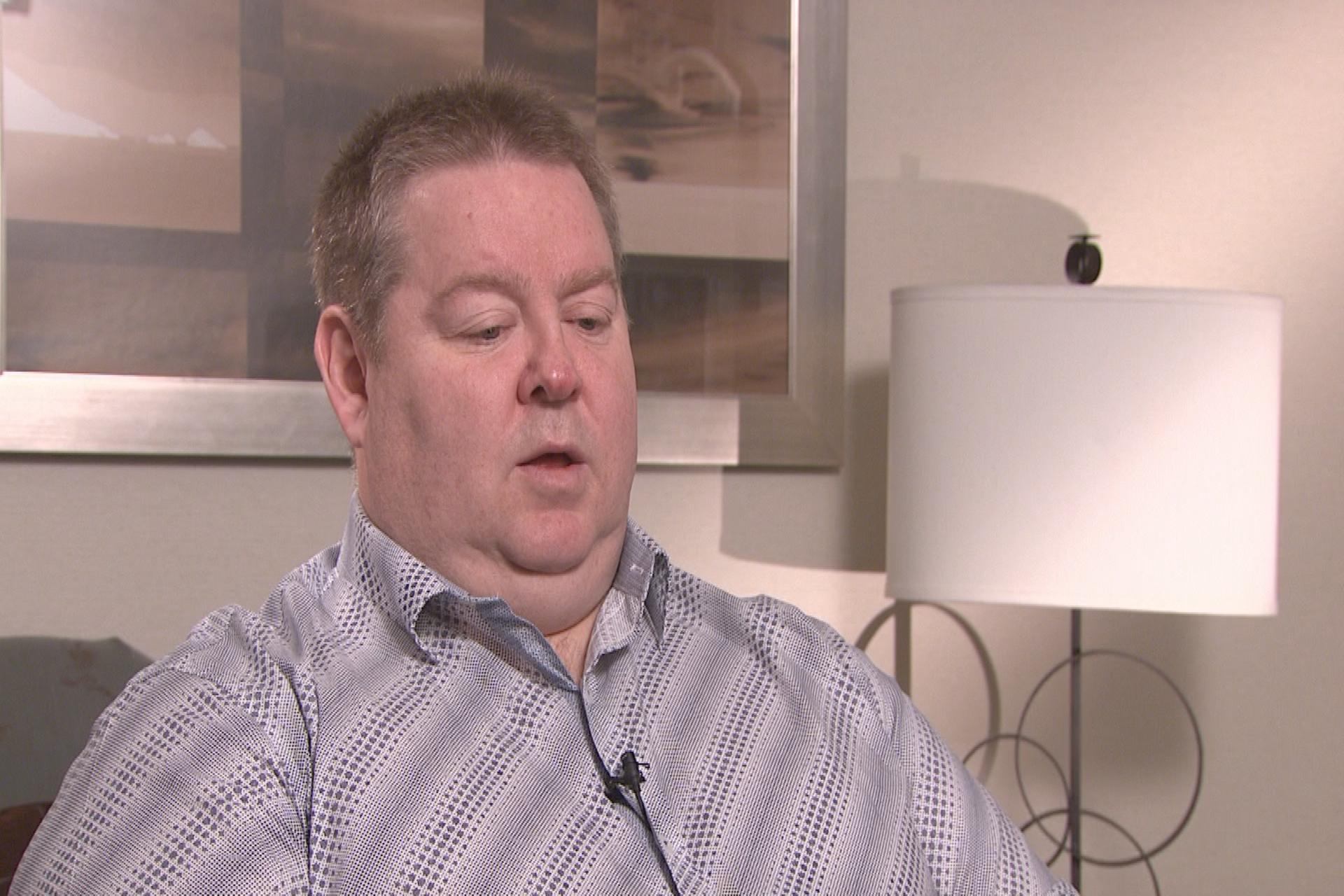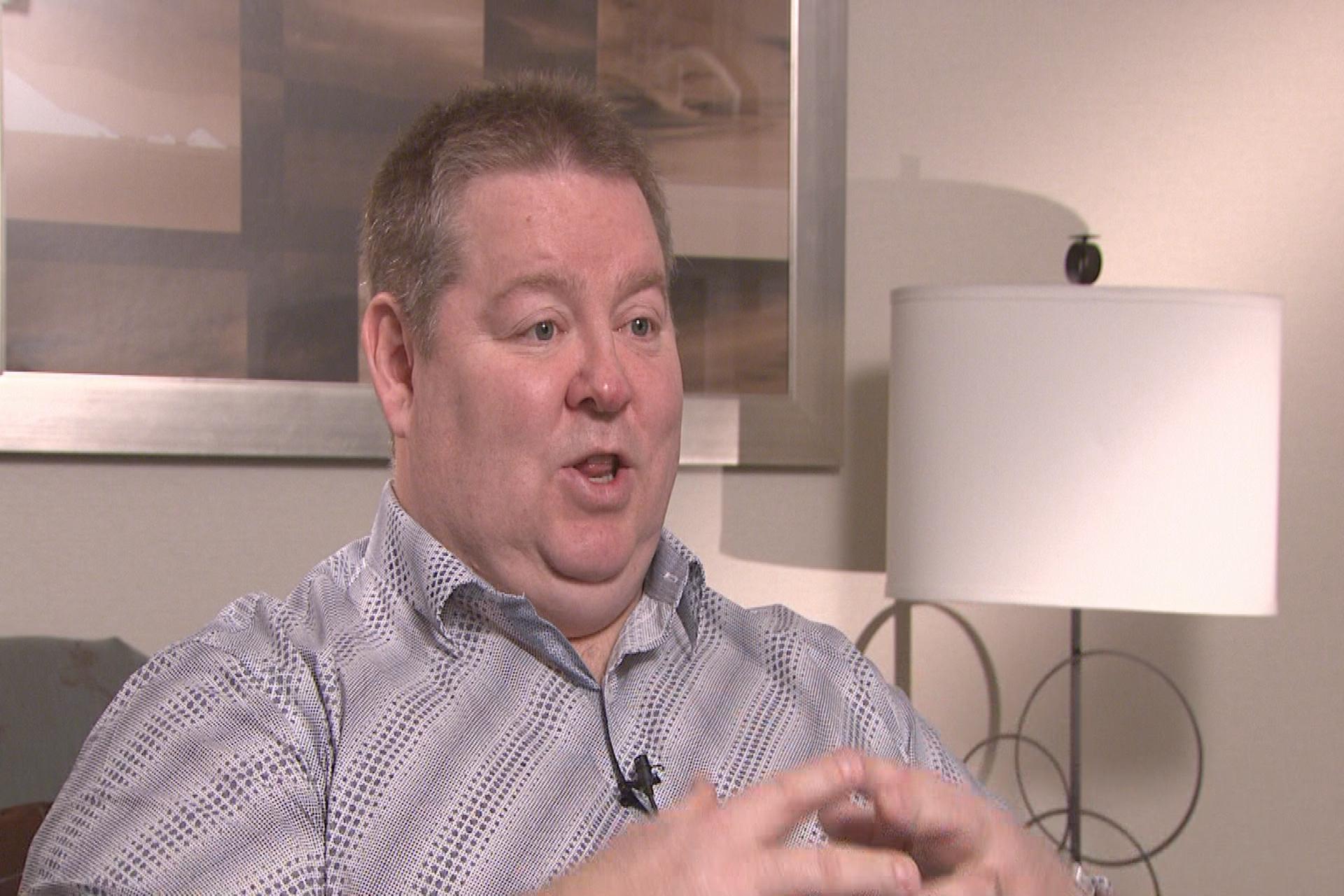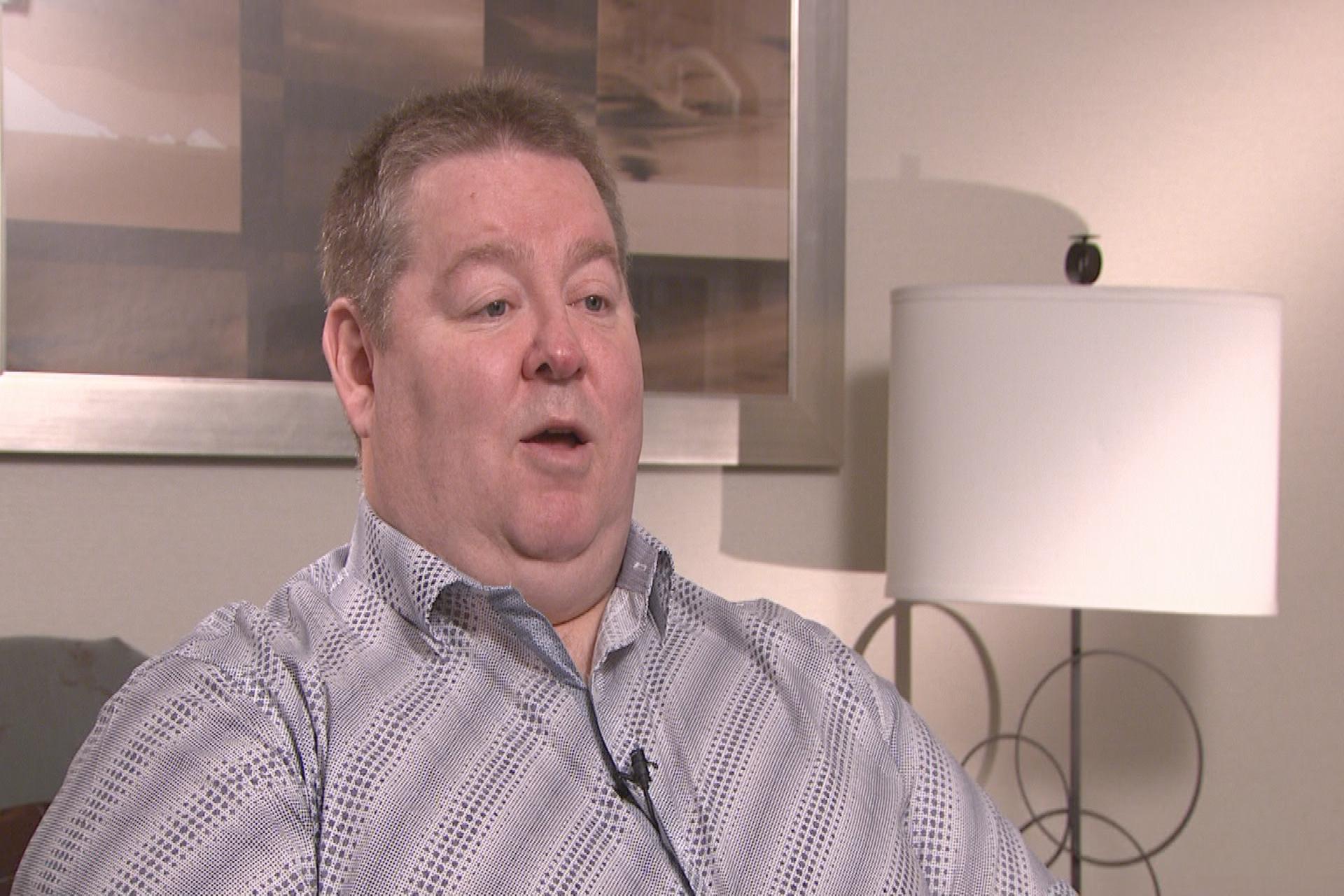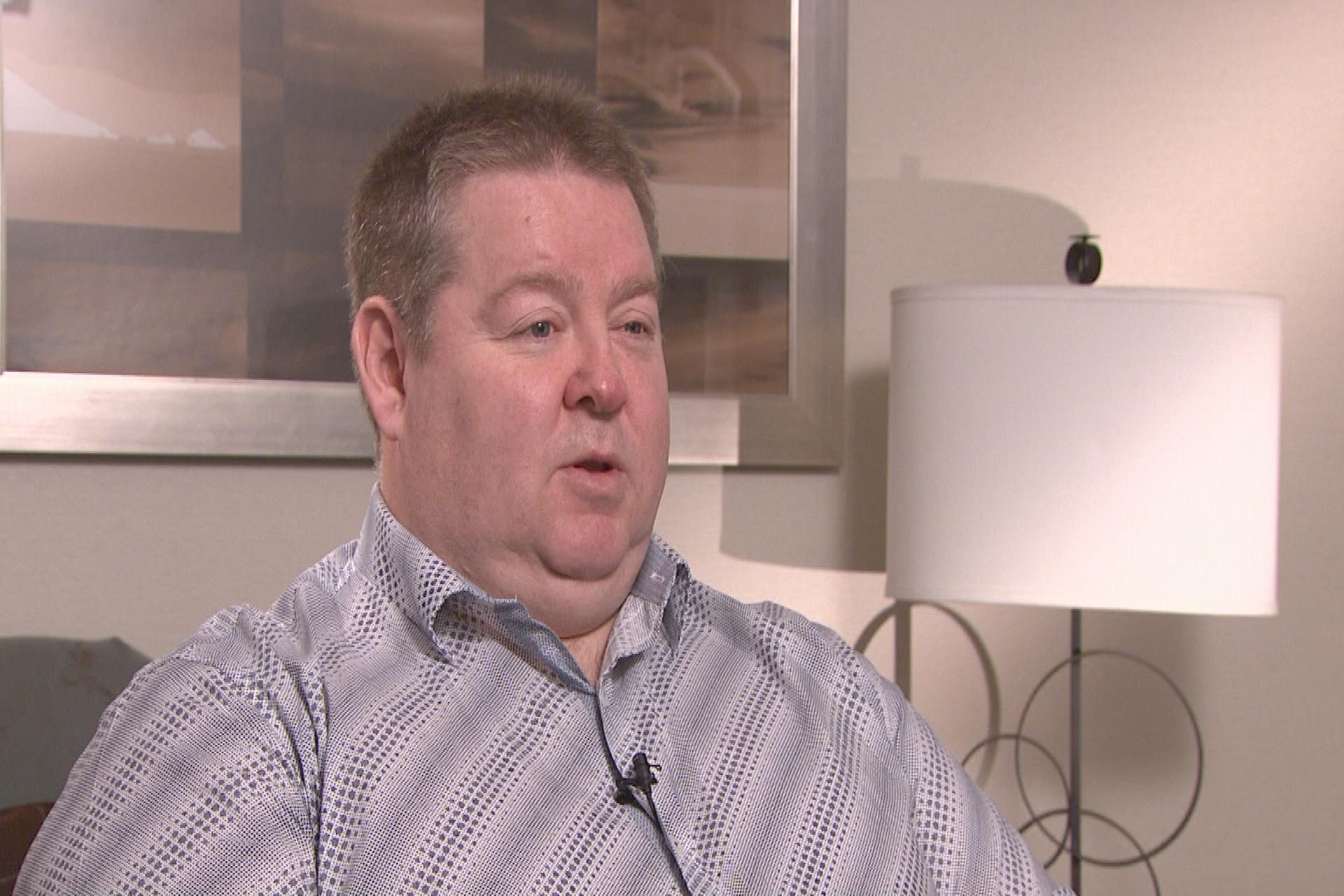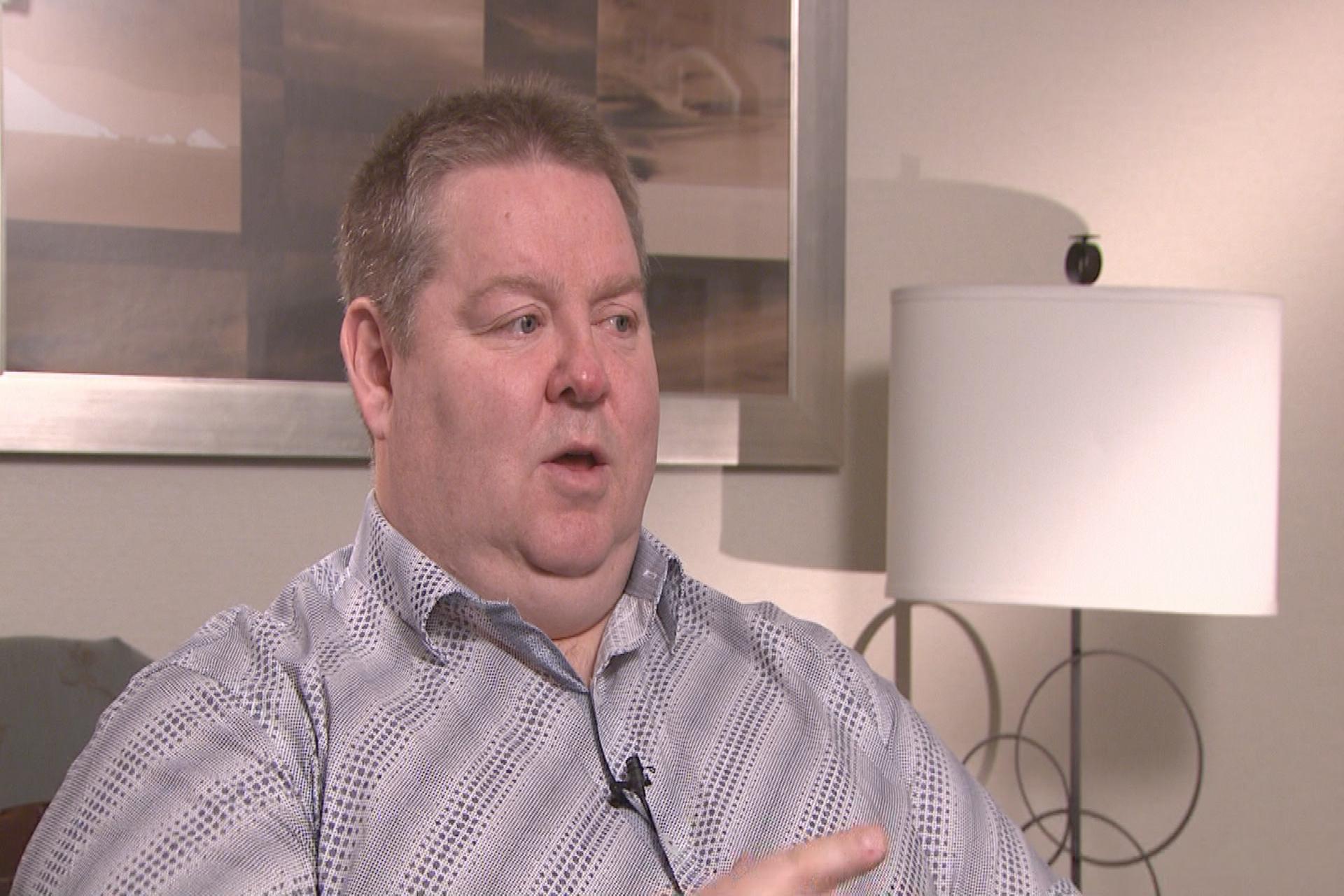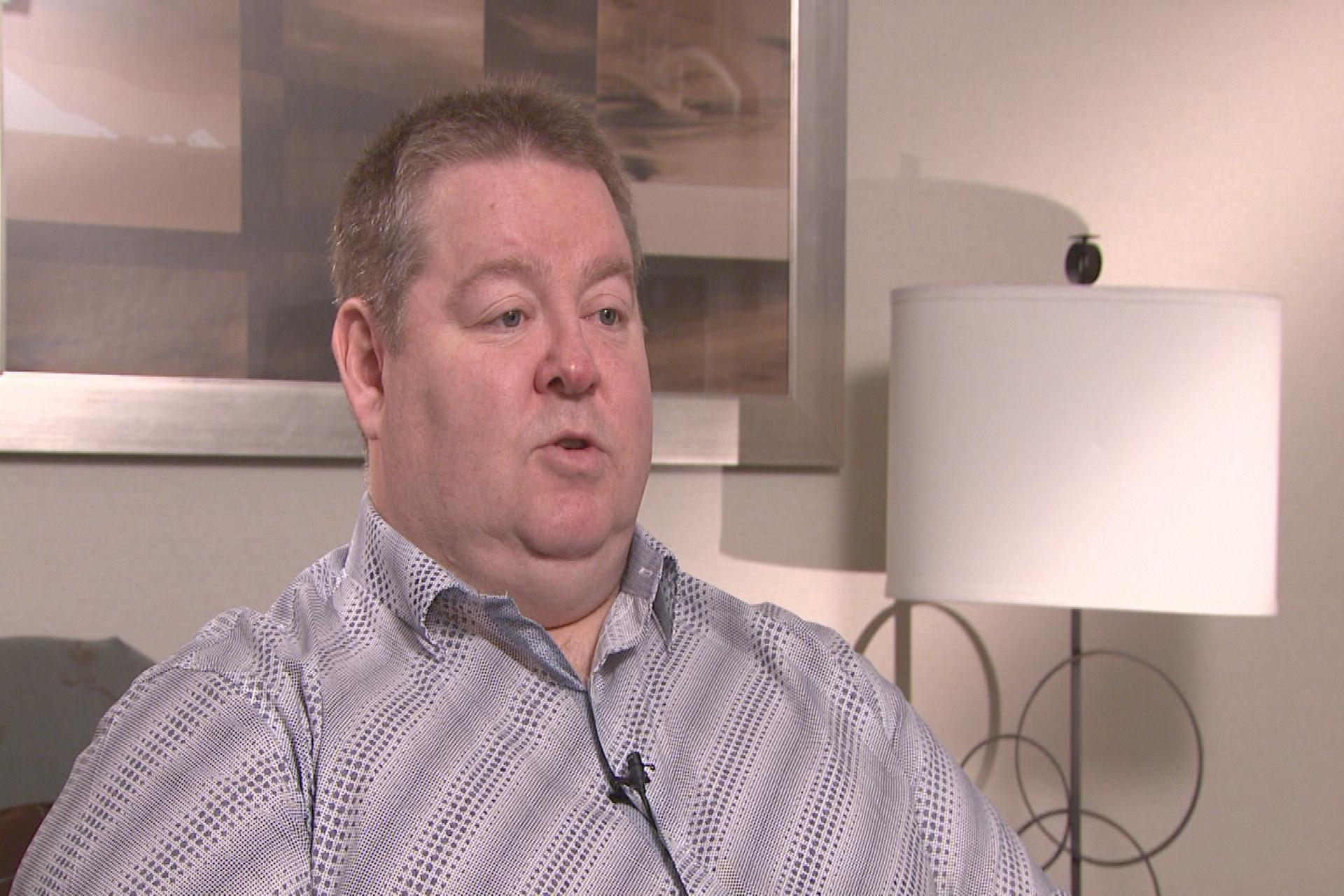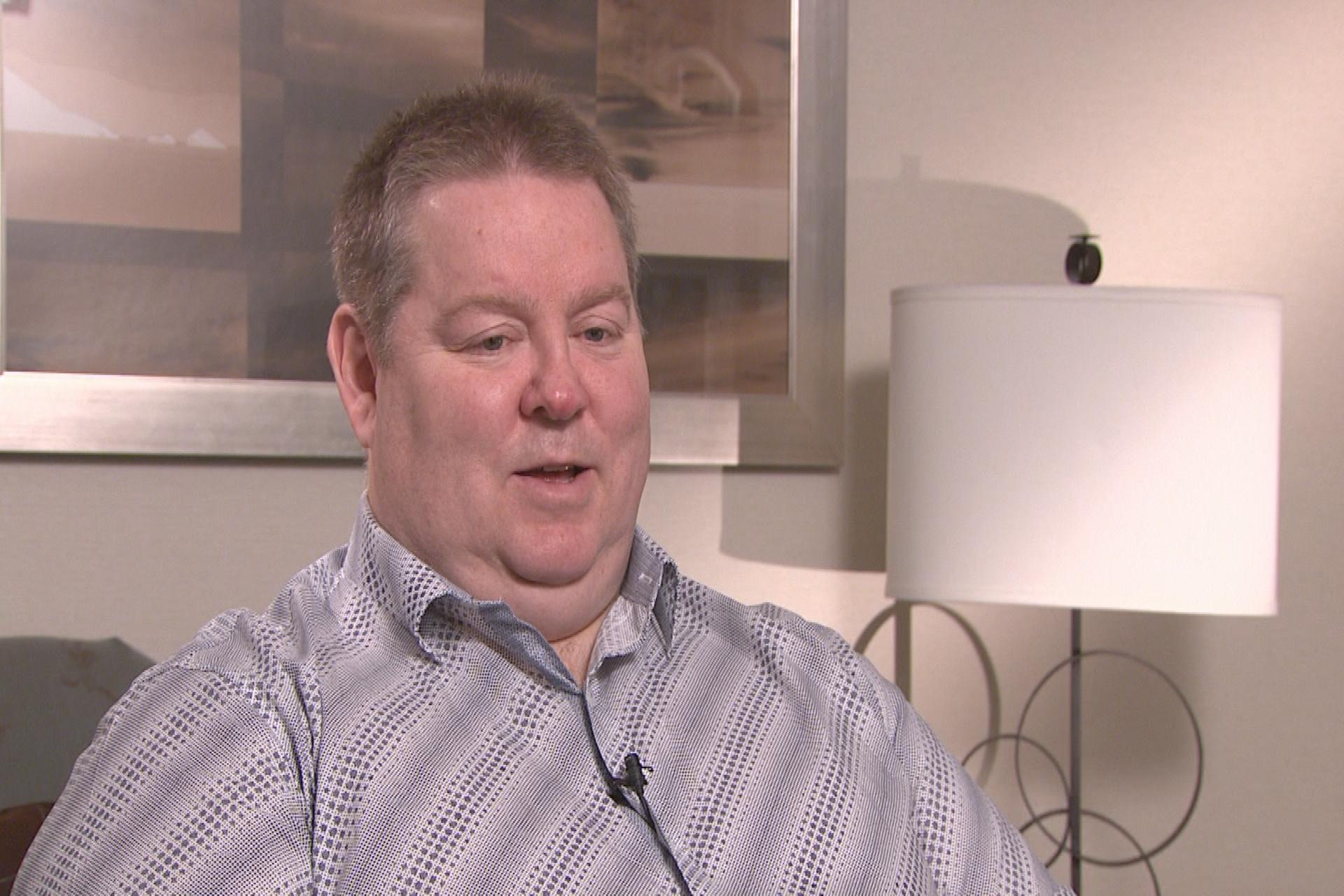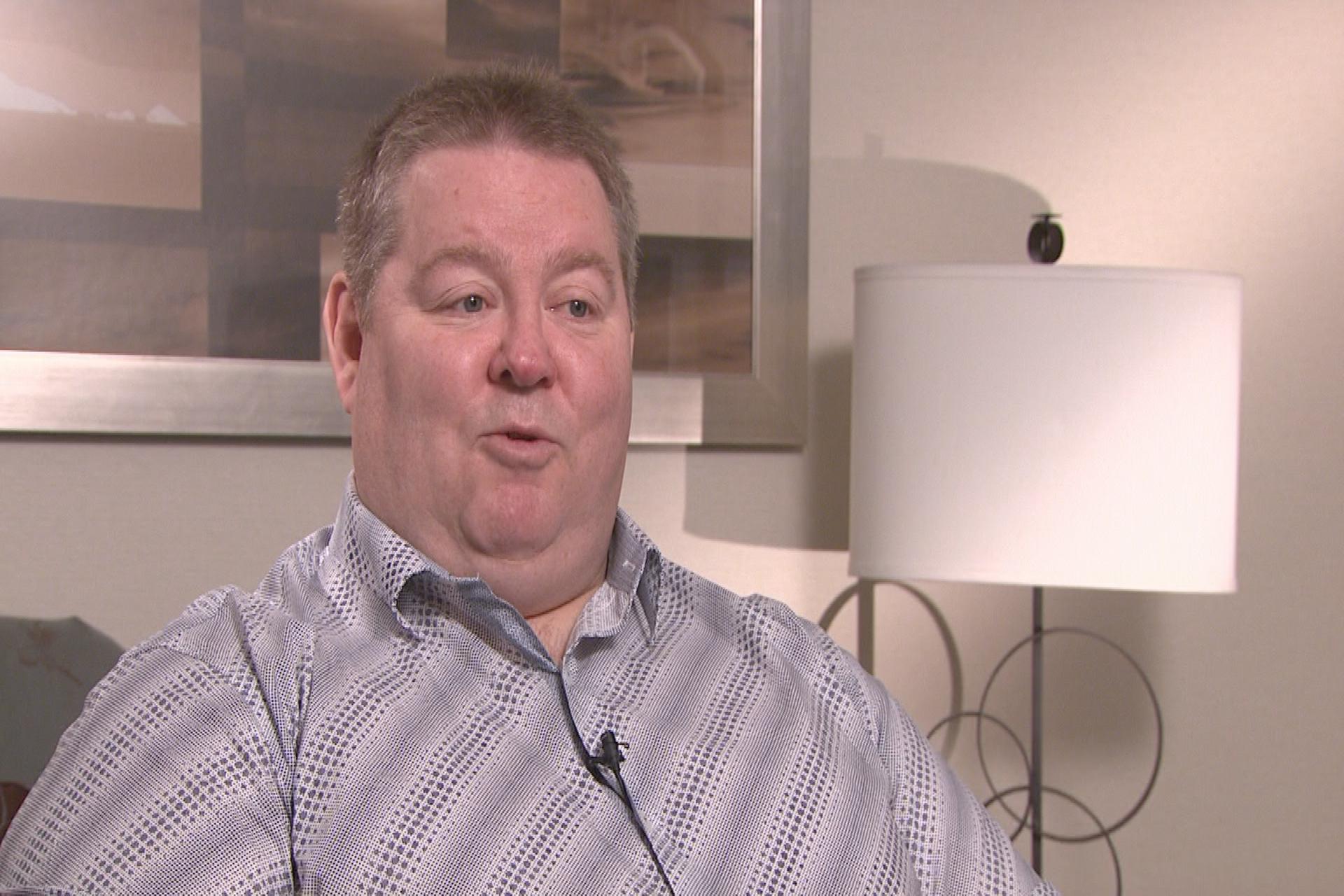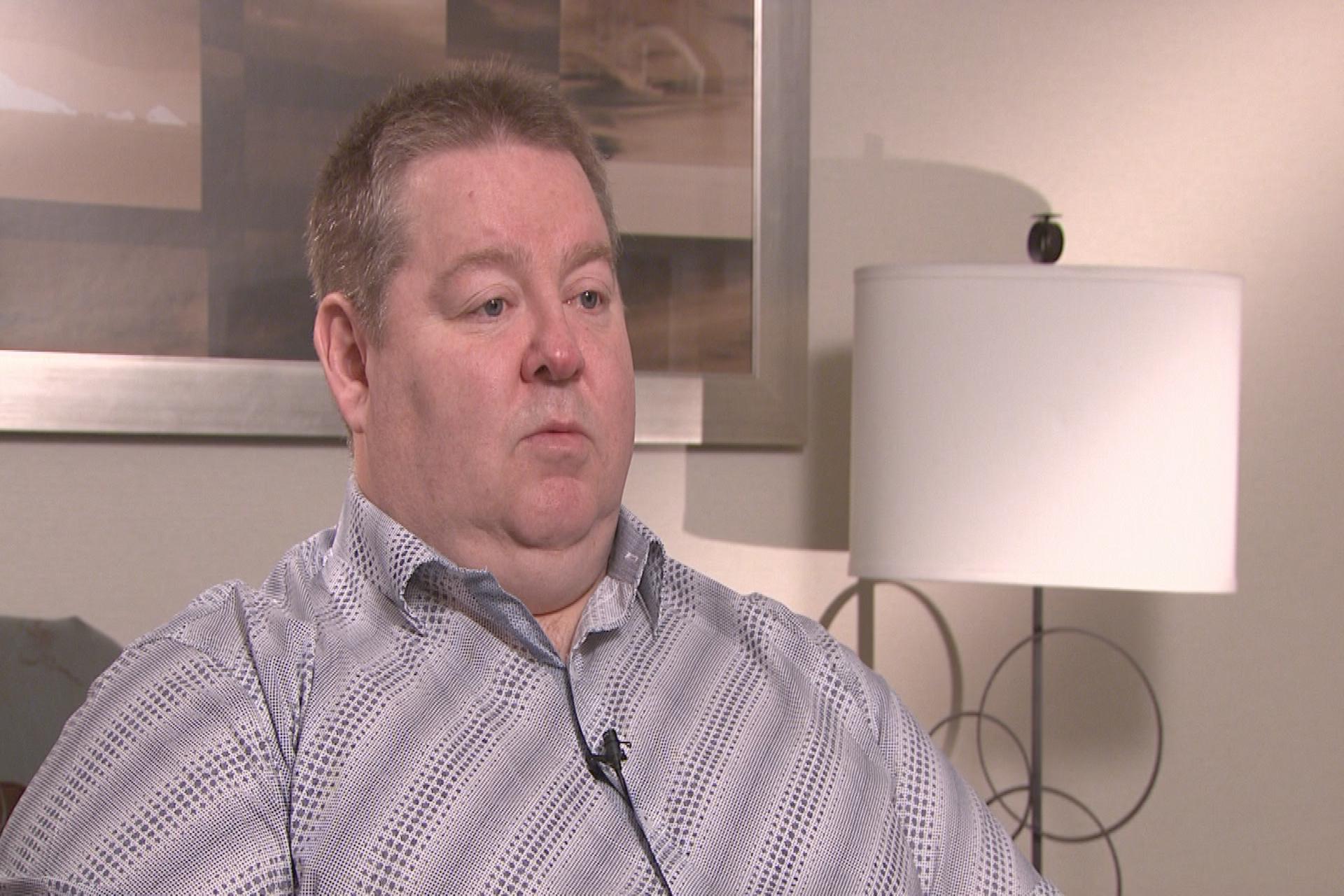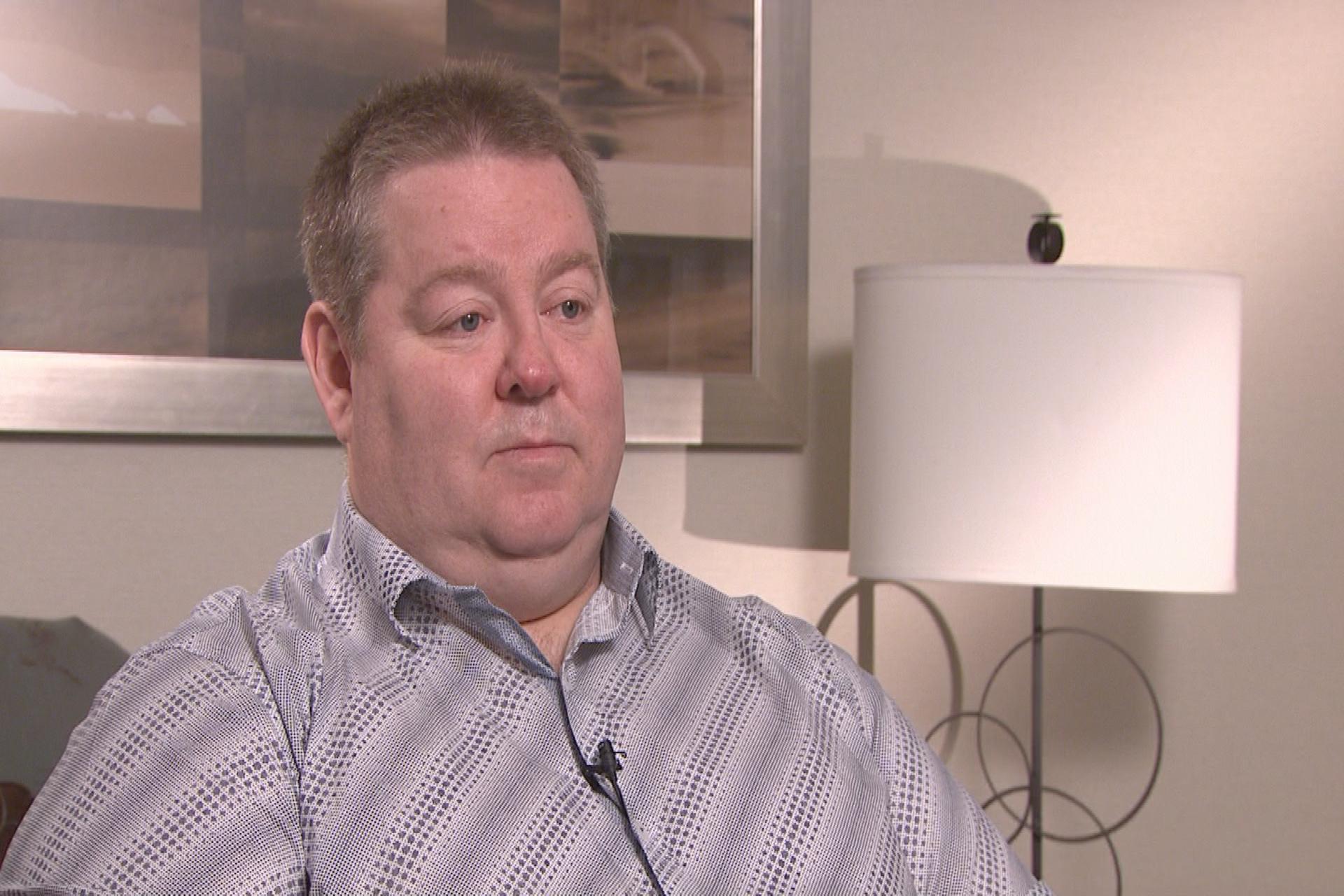One of my jobs was an “amb det.” I was initially supposed to be up in what they call a platoon house.
It was about an hour’s drive away up in the mountaintop.
Well we closed that one a week before we I got there so now we have two “amb dets”
in one camp and we’re only supposed to have one.
So we changed right away, my warrant who was in charge of us
and he made us go out twice a week, volunteer, we didn’t have to but he got us go out twice a week.
We set up medical clinics in two different directions.
One was at the old platoon house so we could still take care of the locals that we had been taking care of.
So we got to go out at least twice a week with them
but you also got the engineers that are going to come by and clear a road
so if they think there are bombs they always call the medics
so we are always trailing the engineers to make sure they don’t hurt themselves.
It was nice to go up to the clinics up in the hills in Bosnia because you got to treat the locals.
They would come in with, you know, they’ve come back from Germany and stuff like that to rebuild their homes.
They are cutting themselves with axes, chainsaws, just general injuries and things like that.
A lot of kids with throat infection, you know, tonsillitis and stuff like that.
High blood pressure, they all want their blood pressure taken,
because they have “doctors without borders” would come by and put these people on blood pressure medication
and then they would say don’t worry the Canadians will come by and give you the rest of the medication.
We're like no, we don’t do that.
So it was a little bit of fighting with them all the time but it was good heart and mind to go up in the local hills
and treat the locals, because rebuilding they’re hurting themselves all the time,
and the one town that had a platoon house,
most of the homes are okay, still not anything, standards like we are used to living here.
But a lot of the homes have been rebuilt; there’s roofs on them again, it was fairly safe up there.
But the other place we went to, half the town was levelled.
Like I mean levelled within a foot of the ground.
There was still tank shells in the ground that hadn’t exploded that we had to drive around.
The hospital was two-sided with an ambulance bay where we drove underneath it.
One side was completely shelled and full of holes, you could look through the thing
and the other side she had patched all the holes up,
so we would go in there once a week and we’d help her treat patients and things like that.
Again, we’d only see in the first few weeks one or two patients a week
but it was to get the people to start coming out and realizing we are there.
And once they seen us and we’re helping her, they had more confidence themselves
and one week you show up, there’s one and the next week there’s fifteen people
and they all have little problems they want you to look at.
A lot of them weren’t real problems; just enough to pat them on the back to make them feel good and stuff like that.
We would also go downtown to the local town of Drvar
because our own patrol would be
patrolling up and down the streets just to show a force to let them know that we’re there to support them, protect them.
So we would set up our Bison AM and drop the tailgate and myself and my partner, corporal medic,
we’d sit there and treat the locals, you know.
The kids would fall off their bikes and twist their ankles and Band-Aids and things like that and again,
it was just hearts and minds to make them feel good.



